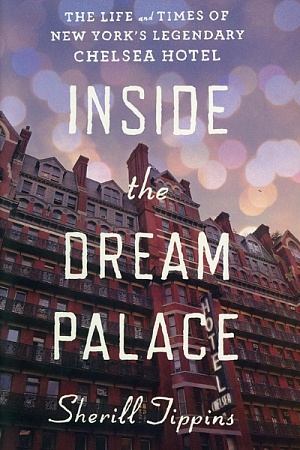Letter from New York
Obsession: Nudes by Klimt, Schiele, and Picasso from the Scofield Thayer Collection (The Metropolitan Museum of Art)
Gustav Klimt and Egon Schiele: 1918 Centenary (Neue Galerie)
In 1993 Yale University’s Beinecke Rare Book and Manuscript Library held an exhibition entitled Nothing but Degeneracy: Modernism at The Dial, which consisted of documents from the library’s archival holdings of the influential American literary magazine The Dial. While the magazine was established in the 1840s as a periodical for the Transcendentalism movement, in the 1920s The Dial was relaunched. Under the new ownership of James Sibley Watson Jr and Scofield Thayer, it became an important publisher of now-canonical modernist art and literature. It was in the pages of The Dial, for instance, that first appeared works such as W.B. Yeats’s poem ‘The Second Coming’ (1920), and Virginia Woolf’s Mrs Dalloway in Bond Street (1923), the short story precursor to her more famous novel. The title of the Yale exhibition referenced a letter from a contemporary subscriber of The Dial who objected to these new artistic forms as ‘nothing but degeneracy’.
As The Dial’s editor from 1919 to 1926, Scofield Thayer (1889–1982), the heir of a wealthy Massachusetts family, was the modernist magazine’s shaping influence. Alongside literature and criticism, he published reproductions of contemporary art. By including works by the likes of Pablo Picasso, Henri Matisse, and Henri Rousseau, he introduced the American public to the European vanguard which was then defining a new artistic style (such images likely contributed to the subscriber’s accusation of ‘degeneracy’). When Thayer died in 1982 at the age of ninety-two, he left his own vast art collection to New York’s Metropolitan Museum of Art, where part of it is currently being shown in the exhibition Obsession: Nudes by Klimt, Schiele, and Picasso from the Scofield Thayer Collection.
Continue reading for only $10 per month. Subscribe and gain full access to Australian Book Review. Already a subscriber? Sign in. If you need assistance, feel free to contact us.











Leave a comment
If you are an ABR subscriber, you will need to sign in to post a comment.
If you have forgotten your sign in details, or if you receive an error message when trying to submit your comment, please email your comment (and the name of the article to which it relates) to ABR Comments. We will review your comment and, subject to approval, we will post it under your name.
Please note that all comments must be approved by ABR and comply with our Terms & Conditions.